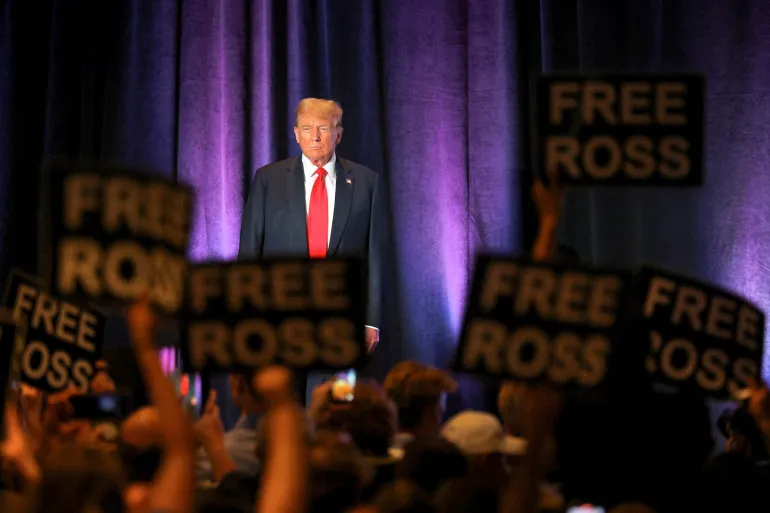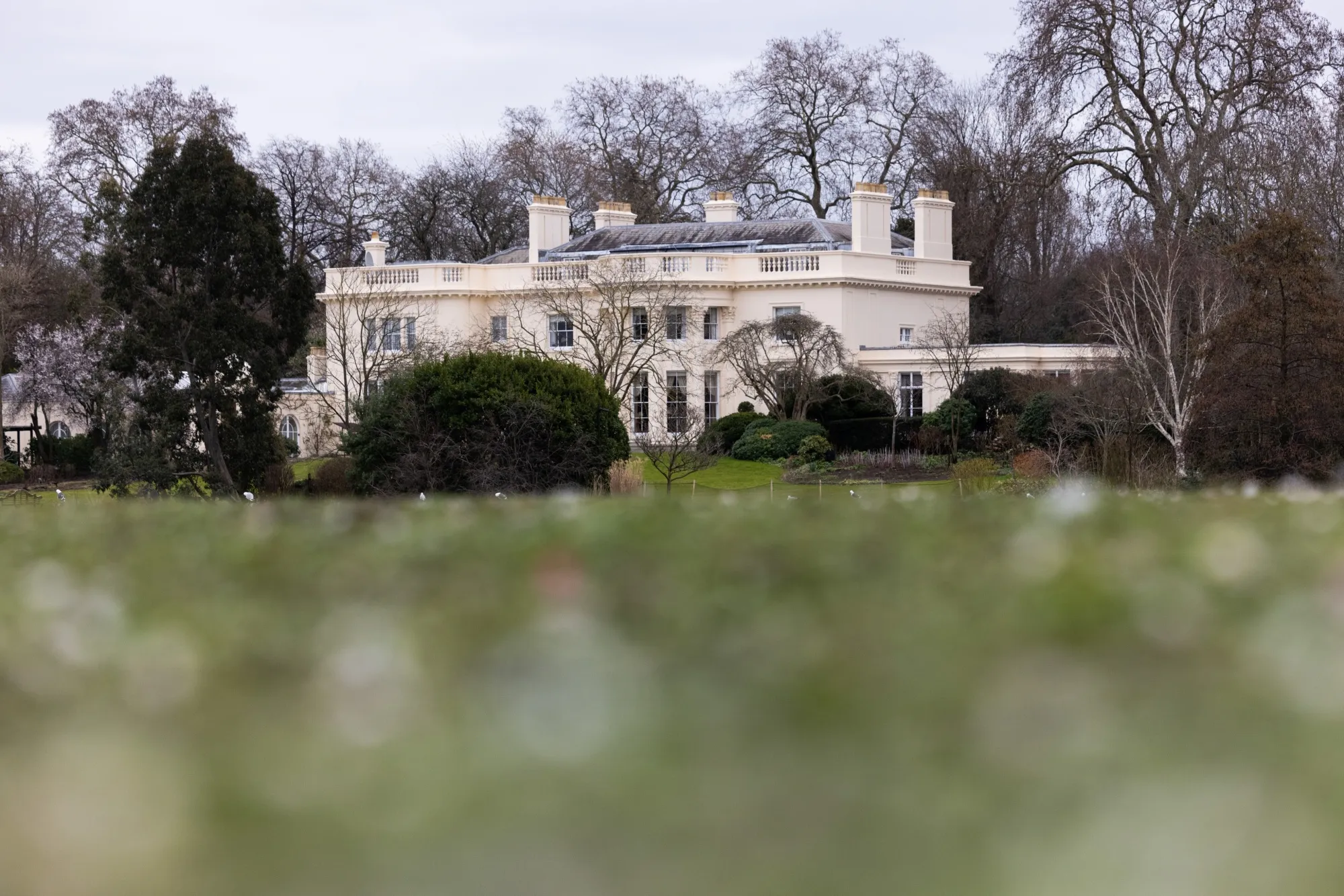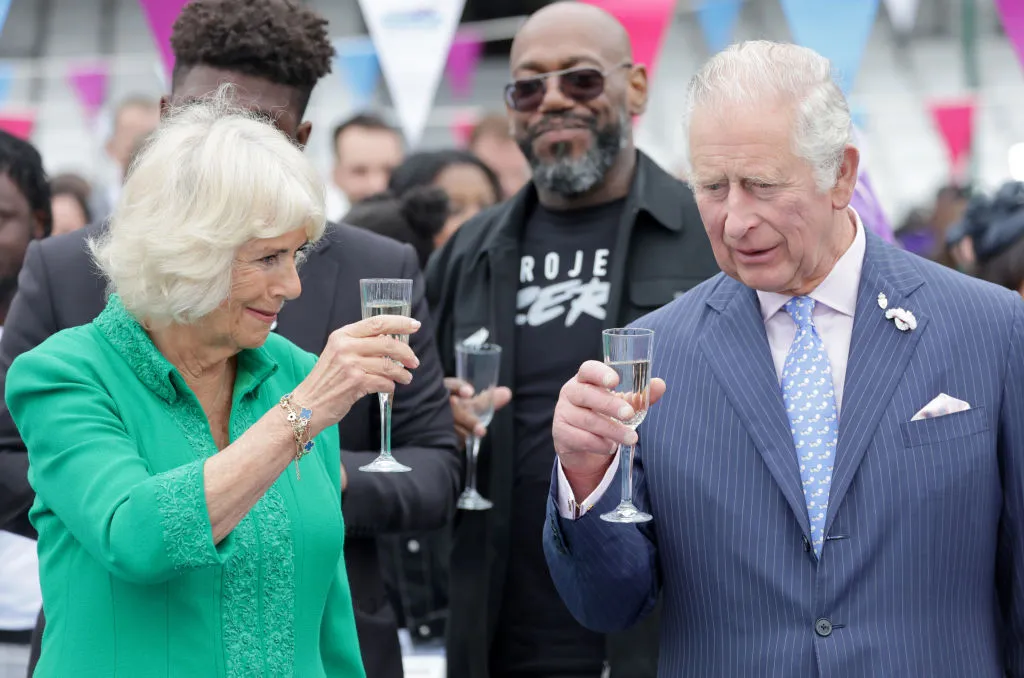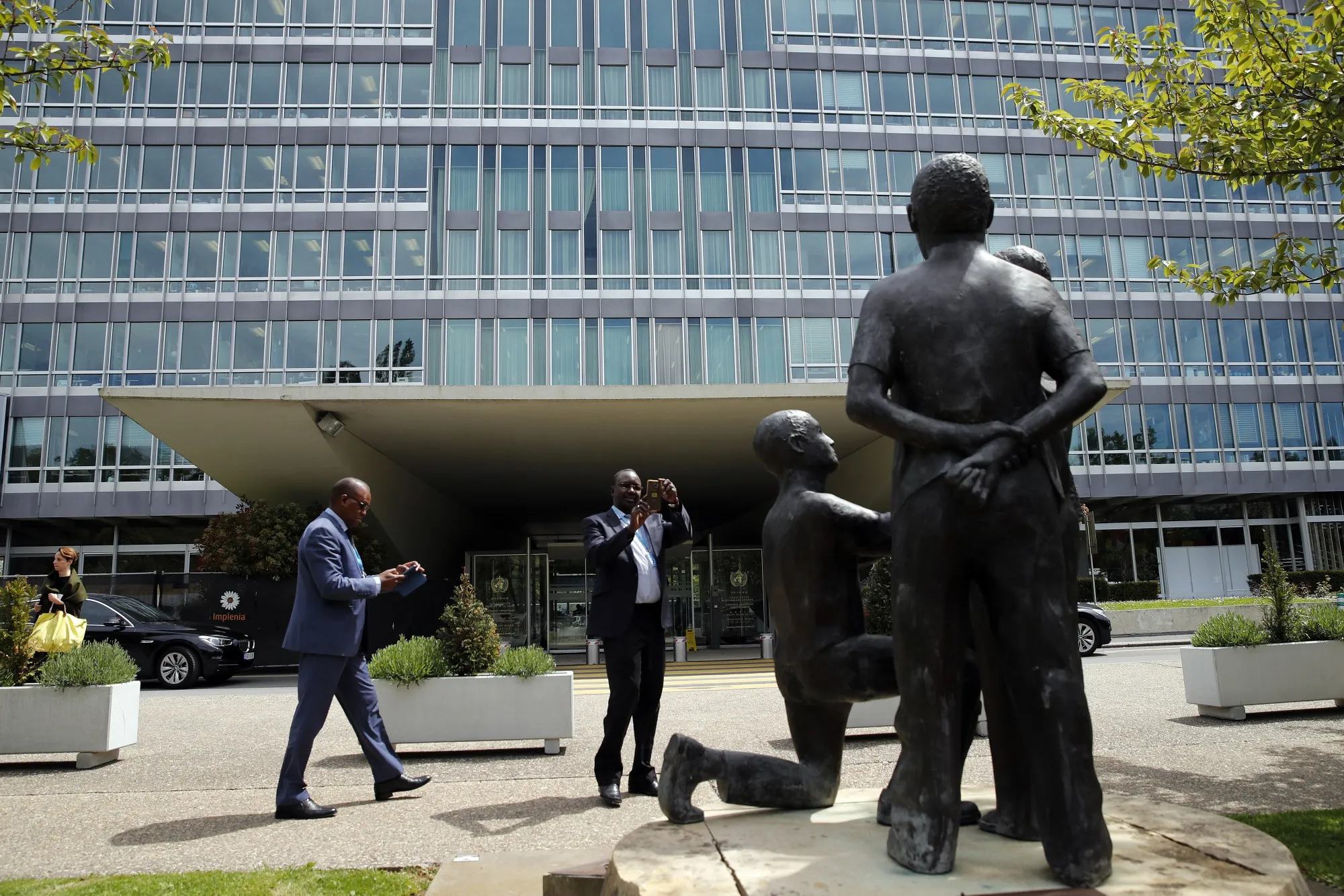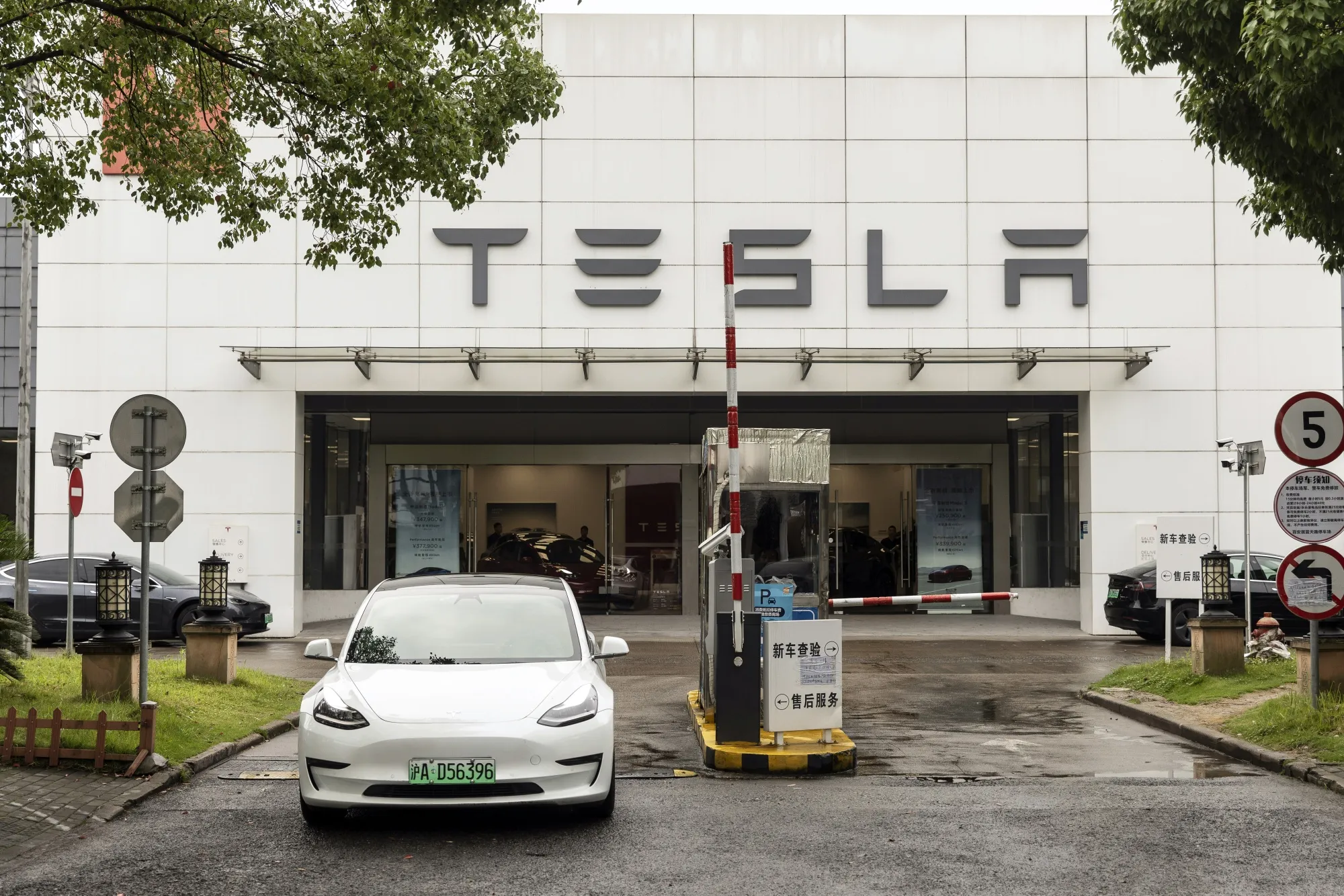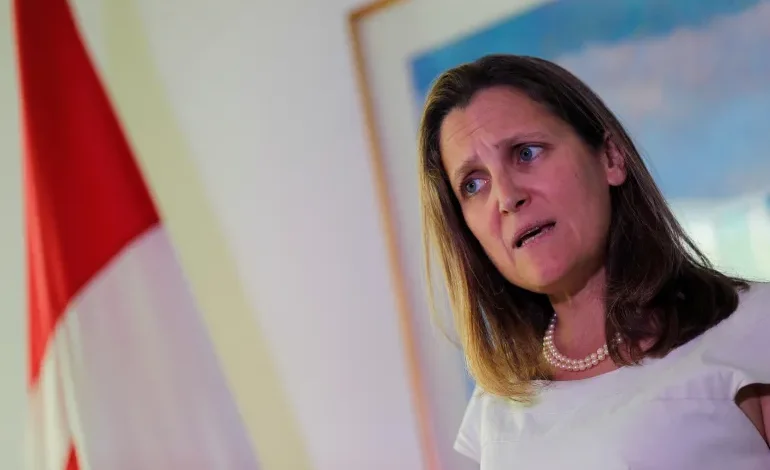In a significant blow to Prime Minister Justin Trudeau’s government, Finance Minister Chrystia Freeland stepped down on Monday, citing irreconcilable differences over policy, particularly regarding the looming trade war with the United States, Al Jazeera reports.
Her resignation comes as Trudeau’s approval ratings plummet and his Liberal Party faces increasing pressure ahead of the next federal election, scheduled for October 2024.
Freeland’s resignation letter, posted on X, revealed that Trudeau informed her last week he wished for her to transition to a different cabinet position. However, Freeland stated that she disagreed with the government’s approach to handling the escalating trade tensions with the incoming US administration of President-elect Donald Trump.
“Upon reflection, I have concluded that the only honest and viable path is for me to resign from the cabinet,” Freeland wrote.
She highlighted disagreements over policy directions, particularly the government’s response to Trump’s threat to impose 25% tariffs on Canadian goods unless Canada takes stricter measures against undocumented migrants and drug trafficking.
The resignation comes just days after Trudeau met with Canada’s provincial leaders to discuss strategies to counter Trump’s threats. The Trudeau government’s plan to bolster border security has faced criticism for not being strong enough. This plan was to be further detailed in a delayed economic update, originally scheduled to be presented by Freeland on Monday. This delay, along with Canada’s ballooning fiscal deficit (C$61.9 billion, 50% higher than projected), further fueled speculation of government mismanagement.
Freeland’s departure also underscores deep divisions within the Trudeau government. She reportedly clashed with Trudeau over government spending and the specifics of the economic update. The significant fiscal shortfall missed one of Freeland’s key fiscal objectives.
Trudeau’s approval rating has fallen to a mere 33%, largely due to high consumer and housing costs, lingering criticism of the government’s COVID-19 response, and its handling of the increasingly fraught relationship with the US. Trump’s repeated public criticism, including recently referring to Trudeau as the “governor” of a “great state,” has further damaged the Prime Minister’s image. Despite a recent attempt to mend fences by visiting Trump at Mar-a-Lago, Trudeau’s assurances of a robust response to unfair tariffs seem to have been insufficient to appease either Trump or his own Finance Minister.
With the Liberals lacking a majority government, the potential withdrawal of support from the New Democratic Party could trigger an early election. The Conservatives, led by populist Pierre Poilievre, are gaining momentum amidst growing anti-incumbency sentiment, posing a significant threat to Trudeau’s hold on power.

